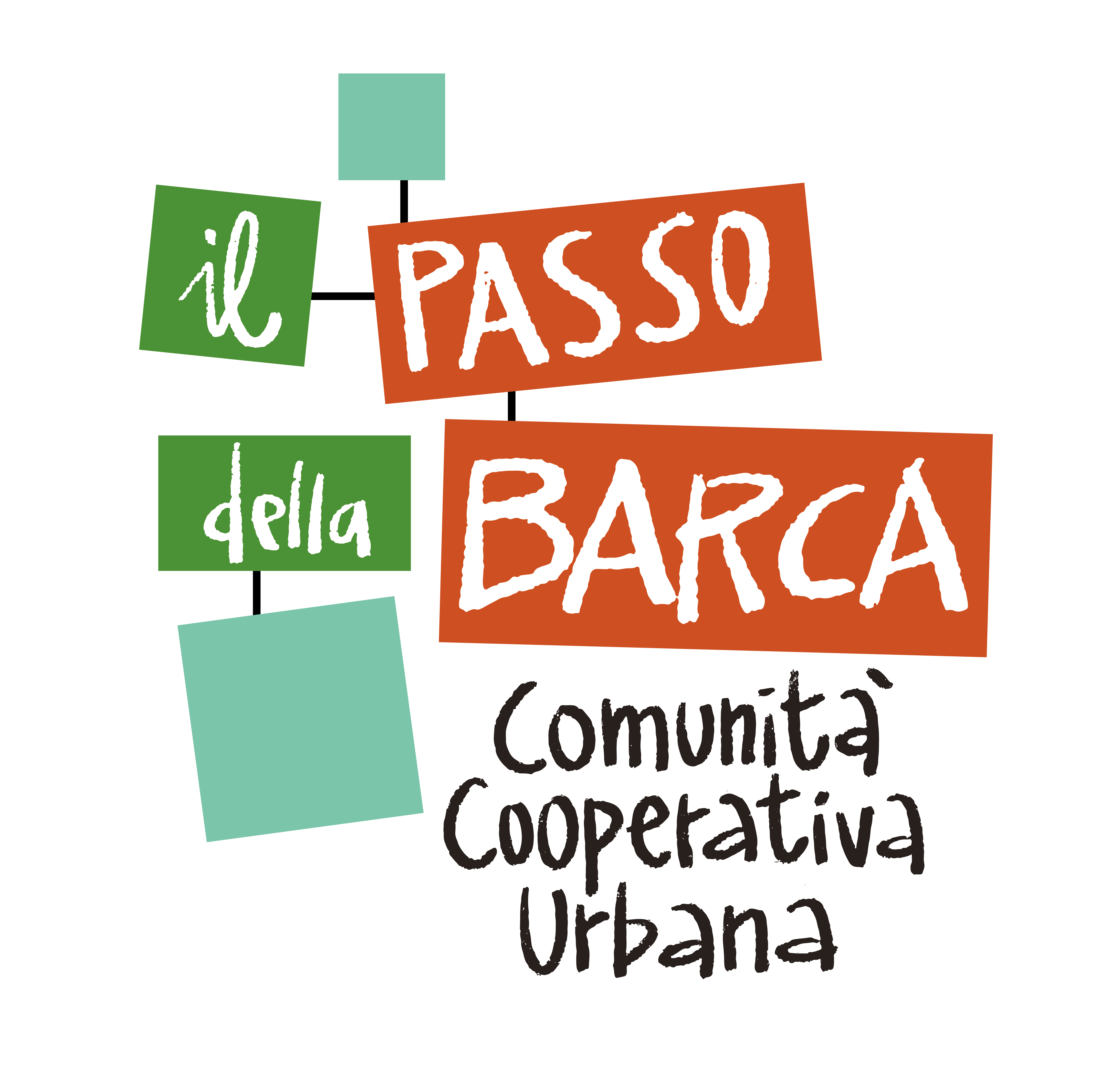Content
In order to moderate use, temporary abstinence is the best way to get there. For example, researchers still must clarify the exact molecular and genetic mechanisms responsible for the varied manifestations of withdrawal. Other studies should address the clinical significance of kindling and the risk factors for more severe withdrawal (Fiellin et al. 1998). Additional research also is needed to determine the most appropriate treatment settings as well as methods of engaging patients in ongoing relapse prevention efforts. Improved insight into these issues will enable clinicians to improve the efficiency and quality of care for patients who are experiencing or are at risk for withdrawal. Based on the patient’s score on the CIWA–Ar, the physician determines the appropriate treatment (see table).
- Recognizing your problem with alcohol and why you drink allows for a clear foundation before starting this journey.
- In general, PAWS symptoms peak around four to eight weeks after quitting.
On the other hand, if you drink in moderation, alcohol doesn’t affect LDL and instead increases good cholesterol (HDL). Amitava Dasgupta, PhD, medical director of clinical laboratory at the University of Kansas Medical Center and author of the book, “The Science of Drinking,” agreed. You may also consider joining an online support group to help you feel less alone. Feeling at your best physically can boost resilience and emotional strength, equipping you to weather challenges that trigger the desire to drink. Letting others know about your choice to stop drinking may help motivate you to stick with your decision. From monthlong sobriety challenges to the Sober Curious movement, more and more people are taking a closer look at the role alcohol plays in their lives.
How to Stop Drinking: Making a Plan That Works for You
If you drink over the intended number, set a realistic goal and gradually decrease your consumption. For instance, if your alcohol consumption is over four drinks a day, and you desire to quit altogether, consciously reduce your intake to three per day. Whether you are seeking https://curiousmindmagazine.com/selecting-the-most-suitable-sober-house-for-addiction-recovery/ to curb your alcohol consumption, shed some pounds, or simply make a positive lifestyle change, cutting back on alcohol can have a profound impact on your well-being. Regardless of your approach, listed below are ways to assist you in cutting your alcohol intake.

A person who drinks more alcohol will probably have a longer taper than a person who drinks less alcohol. Risky withdrawal symptoms are not limited to the above.3 Learn more about alcohol withdrawal here and, once again, speak to a doctor first. Quitting binge drinking may require different strategies than either tapering or cold turkey. A number of medications can help people who are moderately to severely dependent on alcohol.
SMART Recovery
St. John’s wort can help to relieve depression and mood swings that come with alcohol withdrawal and early recovery. Research shows the herb works as well as some depression medications. It also cut the number of heavy drinking days and increased the number of days they didn’t drink at all.
- Erin has a master’s degree in management from University of Maryland, University College, and a bachelor’s degree in special education from Townson University.
- Sessions are usually once a week with a qualified professional, such as a psychologist.
- With strong ties to Victory Christian Church and the 12-step community, Federico shares an amazing personal story of redemption and long-term recovery.
Although multiple seizures are not common, AW is one of the most common causes in the United States of status epilepticus—a medical emergency characterized by continuous, unrelenting seizures. AW syndrome varies significantly among alcoholics in both its clinical manifestations and its severity. These manifestations1 can range from mild insomnia to severe consequences, such as delirium tremens (DT’s) and even death. Substantial variability also exists in the incidence with which symptoms occur in various drinkers.

